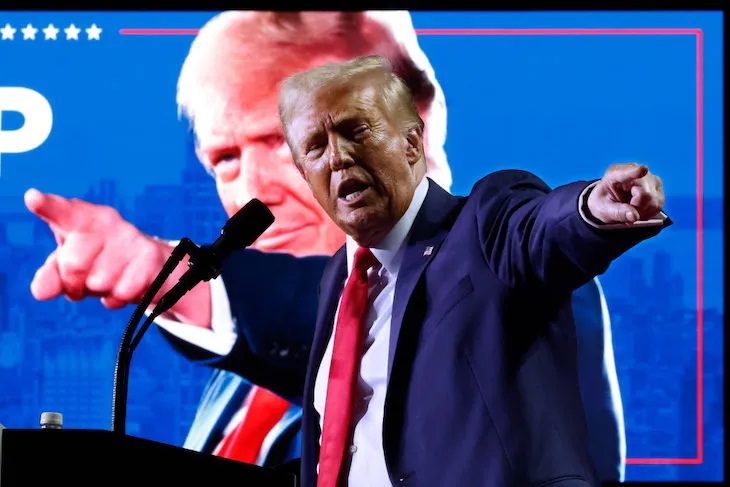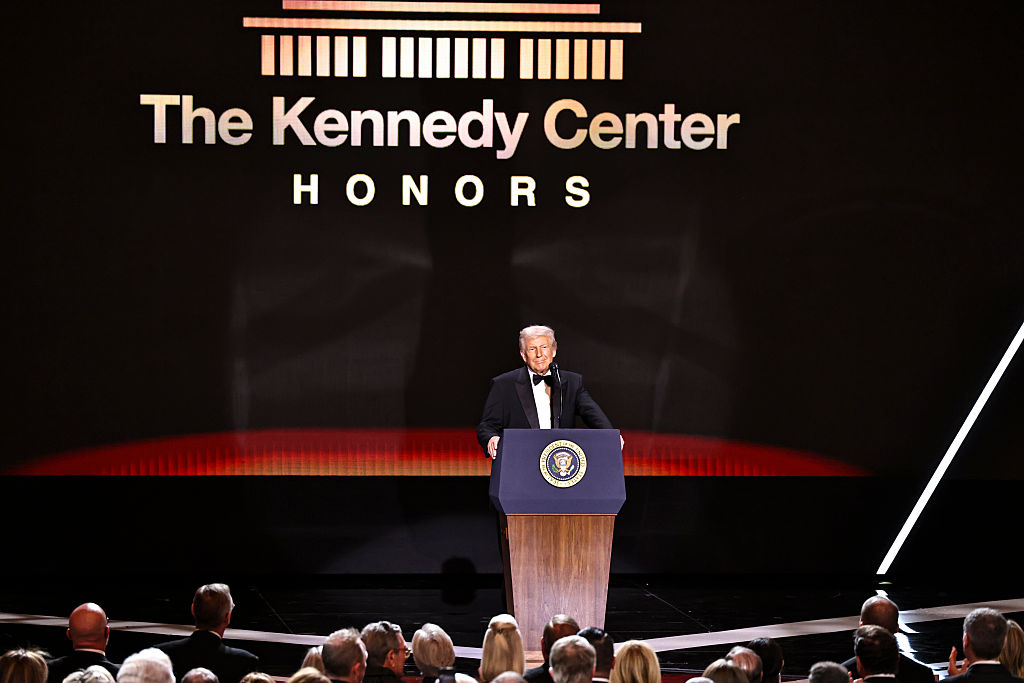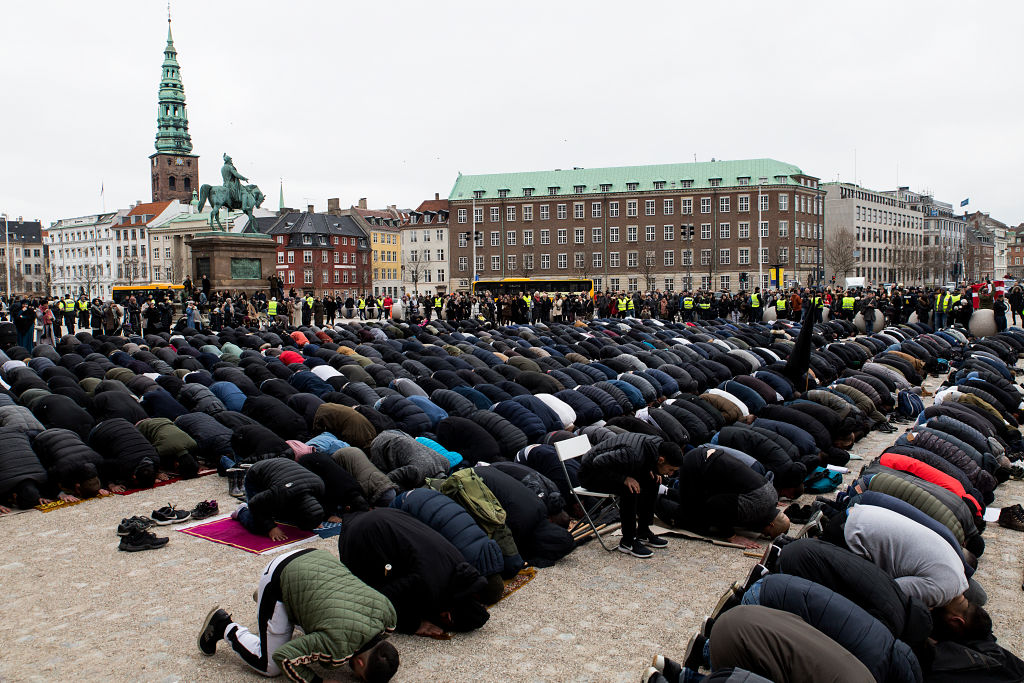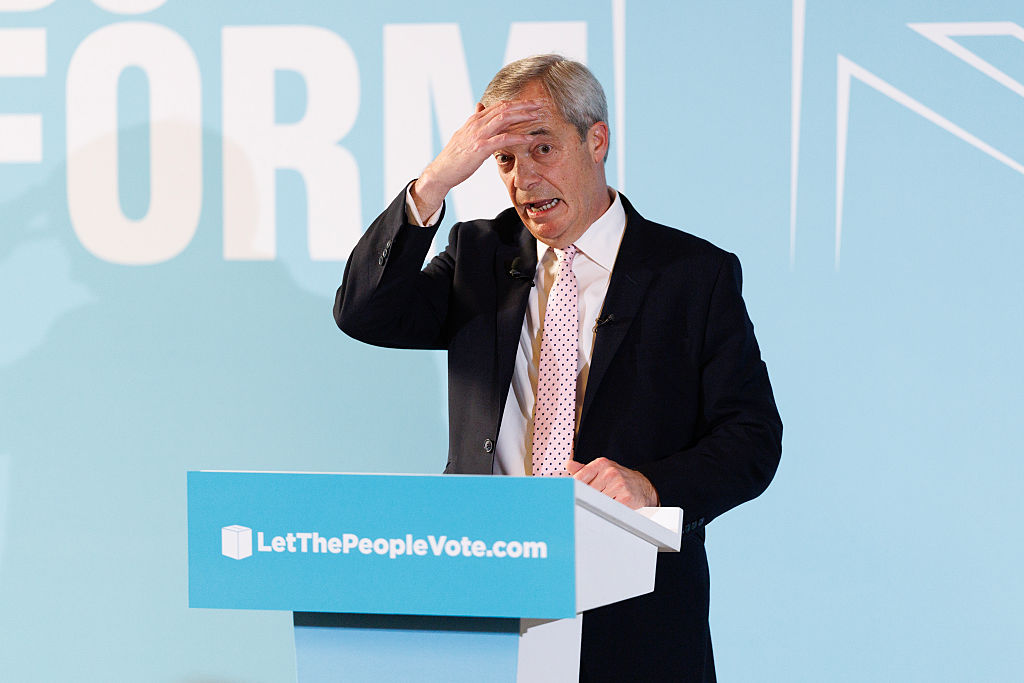If you didn’t know any better, you might think the 2024 US presidential election was a make-or-break moment for America and the world. Allies and adversaries alike will be watching the election results like the rest of us: on the edge of our seats. Pennsylvania, Michigan, and Wisconsin are at the center of the universe right now. So goes the result in those three states, so goes the fate of the international system as we know it.
Pennsylvania, Michigan, and Wisconsin are at the center of the universe right now
It’s all a bit dramatic. Sure, certain countries have their favorites. South Korea, for example, is petrified that a second Donald Trump administration would put the cost-sharing deal that was recently signed through the shredder and demand an entirely new negotiation, whereby Seoul would need to fork over more cash to keep the roughly 28,000 US troops stationed on South Korean soil. While German officials are far too polite to endorse anybody in public, it doesn’t take a genius to assume that Berlin prefers Kamala Harris to Donald Trump, who delighted in bashing the Germans over the head for all sins, real or perceived. Indeed, with the exception of Hungarian leader Viktor Orbán, one would have a hard time finding a European head of state who isn’t shuddering at the prospect of Trump 2.0. If there’s anybody other than Americans who will be watching the returns with nervousness and anticipation, it’s the Ukrainians, whose thirty-three-month-long war with Russia could depend as much on what happens in Washington as it does on what happens in the Donbas.
But too much drama has the tendency to create sensationalism — and sensationalism is poison to reasonable discourse. Pundits and commentators in Washington, D.C., are prone to describing the 2024 contest as a stark choice between American isolationism and American internationalism, as if the futures of the roughly eight billion people inhabiting the earth will rise or fall depending on the result.
In reality, what we are likely to get is initial shock, followed by a return to complacency. A status-quo US foreign policy has been remarkably durable — and depending on the region, unquestionably ineffective or downright disastrous — since the bipolar system collapsed in favor of US supremacy in the early 1990s. A Trump win may not necessarily change that.
For many observers, this sounds like an entirely naive conclusion that disregards the differences in policy and worldviews between Trump and Kamala Harris. And yes, there are differences. Vice president Harris acts and talks as if she’s a classic liberal internationalist. She views the US alliance system in Europe and Asia as an unalloyed good and the one thing keeping chaos, anarchy, and revisionism behind the gates. Judging by her words, Harris’s policy on Ukraine sounds extremely consistent with Joe Biden’s, which is to say that US military aid will continue to flow into the Ukrainian army, even as US officials talk ever so vaguely about a “just peace” to the war (whatever that means). NATO, as close to a sacrosanct institution as you will ever find in Washington, will remain the foundation of America’s policy in Europe under a Harris administration. US support for Israel will remain “ironclad” (one of the hackiest buzzwords you will find in the Beltway), even if she stresses how important it is to end the wars in Gaza and Lebanon.
Trump isn’t a liberal internationalist by any stretch. But he isn’t an isolationist either, which entails pulling up the drawbridge, ending all trade relationships, shuttering alliances, withdrawing the hundreds of thousands of US military personnel deployed around the world, and closing the hundreds of US military bases scattered across more than seventy countries. To the extent Trump has an ideology, it’s transactionalism, where nearly everything is up for negotiation. There was quite a lot of this during his first term — Trump threatened tariffs on Mexico if it didn’t cooperate with his immigration policy; threatened to pull the U.S. out of NATO if European allies didn’t boost their defense spending; and largely kept human rights abuses in China out of his vocabulary in order to increase the prospects of a trade deal with Beijing. Some of it worked — the Europeans did, in fact, begin the process of rebuilding their militaries after a two-decade-long hiatus, although to be fair, the slight uptick occurred after Russia annexed Crimea in 2014. Some of it didn’t — Trump got his trade deal but the Chinese didn’t live up to the terms.
To the extent Trump has an ideology, it’s transactionalism
Yet in the grand scheme of things, these policy differences are almost small nuances compared to the bigger picture. The name of the game for both Kamala Harris and Donald Trump is preserving US global hegemony, cutting competitors down to size, and maintaining US defense budgets to ensure the US military can deploy anywhere it needs to on short notice. Their respective approaches towards China might not be identical (Harris isn’t particularly fond of tariffs, while Trump loves them), but the two candidates will use the same tools — export controls, investment restrictions, and sanctions, to name the most obvious — to undermine China’s military and economic development. With respect to China, the goal of both is the same: prevent it from attaining a kind of superpower status that jeopardizes America’s infatuation with global hegemony.
You don’t hear much from either candidate about re-assessing, let alone challenging, the fundamentals of US foreign policy. Harris and Trump might discuss how the so-called forever wars in the Middle East are a sap on US resources, but neither one has offered to withdraw US forces or de-prioritize the region in US grand strategy.
One can say the same about Europe. While Trump often flirts with getting the US out of NATO, such talk is more of a tactic to scare the Europeans into pouring more cash into their defense budgets than it is an end in itself. It’s hard to envision US-Russia relations improving much regardless of who wins the election on Tuesday; as long as the war in Ukraine is unresolved, Washington and Moscow will have trouble getting the relationship back to what it was during the previous Trump term, which, by the way, wasn’t particularly great either.
Will the US act and speak differently based on Tuesday’s results? Absolutely. But it would be a mistake to assume a monumental, earth-shattering shift either way. The status quo is a powerful beast.
Listen to more on the Americano podcast. This article was originally published on The Spectator’s UK website.

























